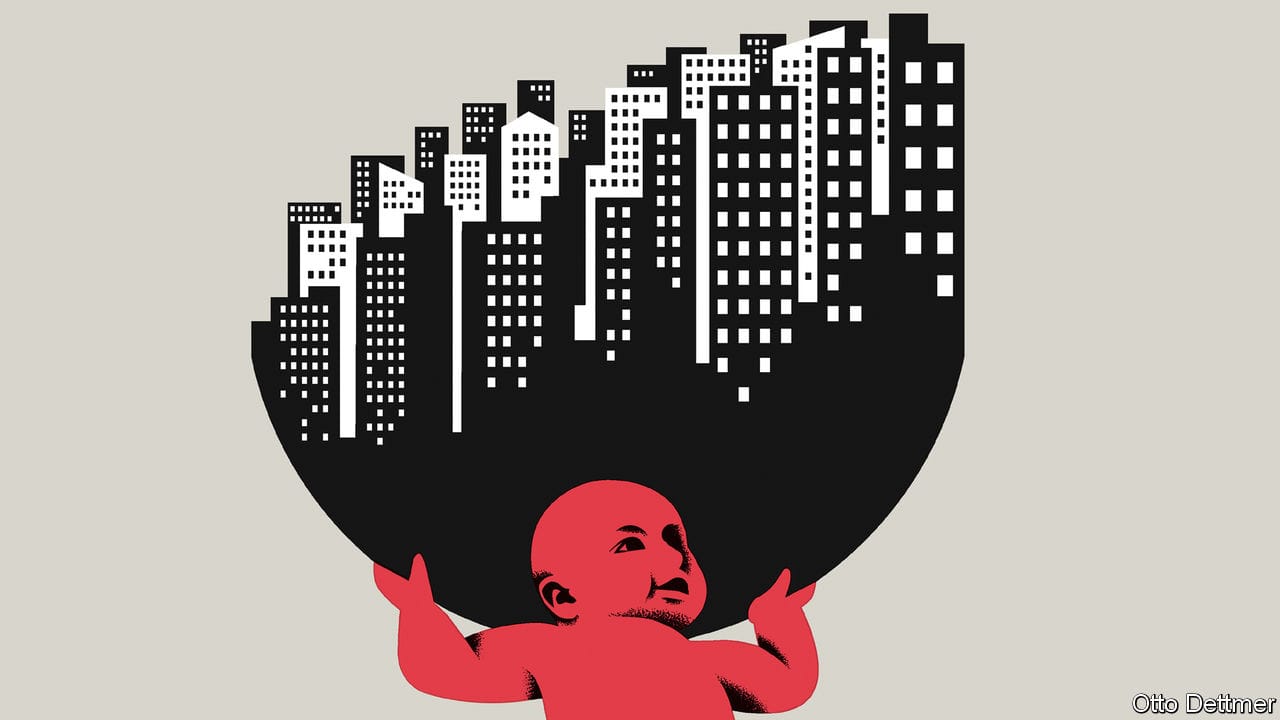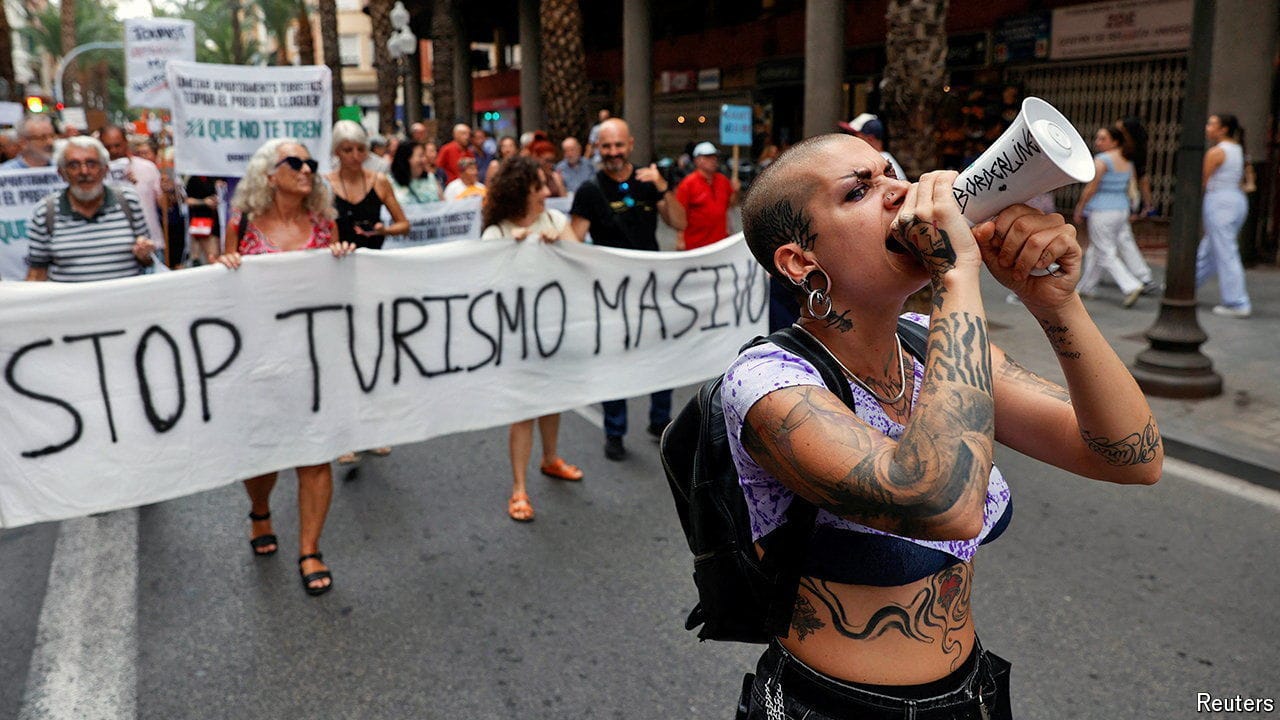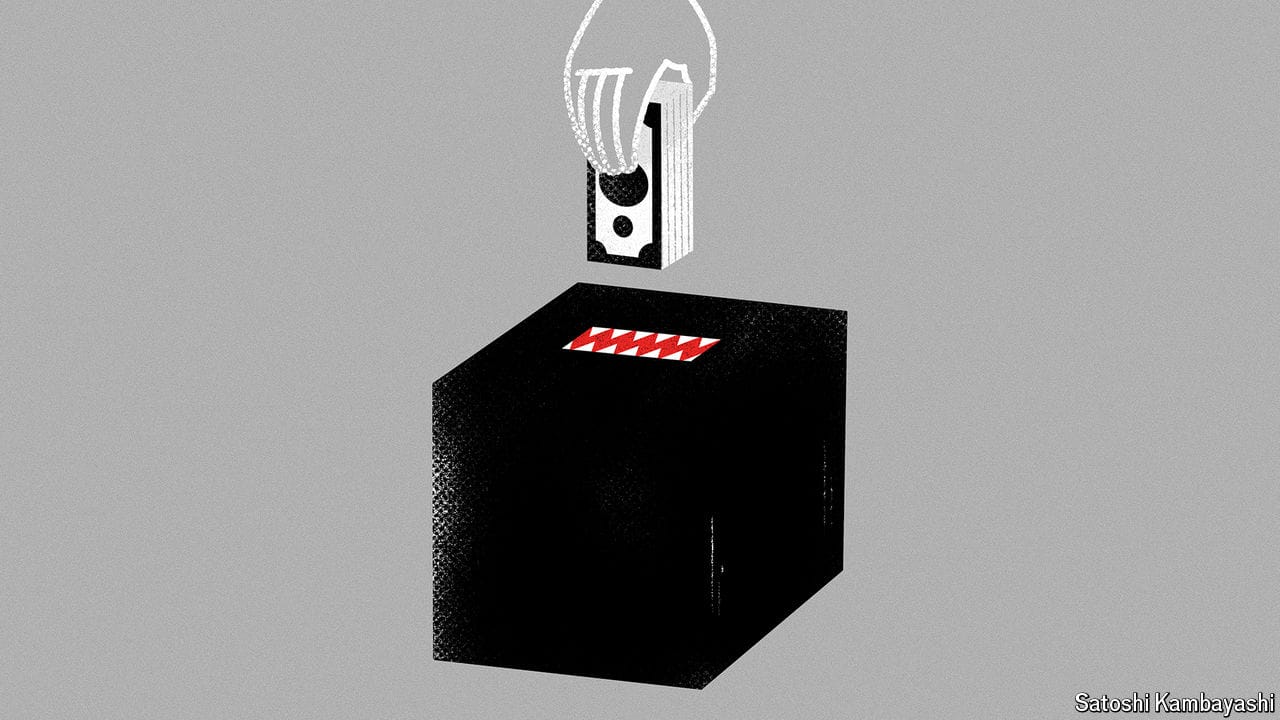Richer societies mean fewer babies. Right?
A guide to the new economics of fertility

In a speech to the Vatican in January, Pope Francis made an observation fit for an economist. He argued that declining fertility rates might lead to a “demographic winter”. In every European country the total fertility rate, the expected number of children a woman will have in her lifetime, has now fallen below 2.1, the level needed to maintain a stable population without immigration. The same is true in many developing countries, including China and (as of this year) India. This, the pope warned, would weigh on the world’s economic health.
Economists have long considered such a slowdown inevitable. In the best-known model of fertility, popularised by Gary Becker, a Nobel-prizewinning economist, and others in the 1960s, there is a central role for the trade-off between the “quantity and quality” of children. As countries grow richer and the returns to education rise, it is expected that families will invest more in a smaller number of children. And as women’s working options expand, the opportunity cost of their time will grow, making the trade-off between family and career more difficult.
This article appeared in the Finance & economics section of the print edition under the headline “The new economics of fertility”
Finance & economics September 17th 2022
- China’s Ponzi-like property market is eroding faith in the government
- China’s plunging energy imports confound expectations
- The European Commission searches for a gas-price villain
- The latest in a venerable American tradition: Goldman-bashing
- Against expectations, covid-19 retirees are returning to work
- America still has an inflation problem
- Why investors should forget about delayed gratification
- Richer societies mean fewer babies. Right?
More from Finance and economics

China’s last boomtowns show rapid growth is still possible
All it takes is for the state to work with the market

What the war on tourism gets wrong
Visitors are a boon, if managed wisely

Why investors are unwise to bet on elections
Turning a profit from political news is a lot harder than it looks
Revisiting the work of Donald Harris, father of Kamala
The combative Marxist economist focused on questions related to growth
Donald Trump wants a weaker dollar. What are his options?
All come with their own drawbacks
Why is Xi Jinping building secret commodity stockpiles?
Vast new holdings of grain, natural gas and oil suggest trouble ahead
